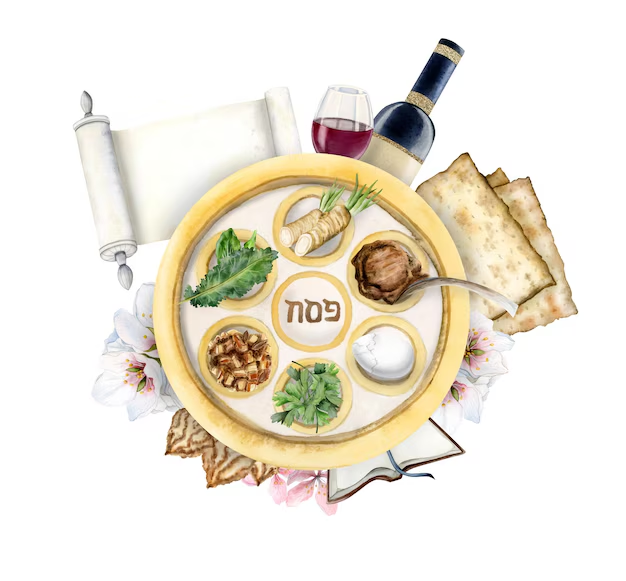Understanding Kosher Certification: A Guide for Businesses and Consumers
In today’s global food industry, consumers are becoming increasingly conscious of dietary requirements and food quality. One certification that has gained significant recognition worldwide is the Kosher Certification. Whether you are a business looking to cater to a broader market or a consumer wanting to understand what this certification means, this guide will provide valuable insights.
What is Kosher Certification?
Kosher certification ensures that food products comply with Jewish dietary laws, known as Kashrut. These laws dictate what foods can be consumed, how they must be prepared, and how they should be handled. Obtaining kosher certification involves a rigorous process to ensure compliance with these dietary regulations.
Key Principles of Kosher Laws
Kosher dietary laws are extensive, but some fundamental principles include:
Separation of Meat and Dairy – Kosher rules prohibit the mixing of meat and dairy products.
Permissible Animals – Only certain animals, such as cows, sheep, and poultry, can be consumed. Pork and shellfish are strictly forbidden.
Proper Slaughtering Methods – Animals must be slaughtered in a humane and specific manner known as Shechita.
No Cross-Contamination – Strict measures are in place to ensure that kosher food is not contaminated by non-kosher items.
Use of Kosher Ingredients – Every ingredient used in a product must also be certified as kosher.
Why is Kosher Certification Important?
For businesses, obtaining kosher certification can significantly expand market reach. Many consumers, including those who do not follow Jewish dietary laws, associate kosher food with higher quality, cleanliness, and strict production standards. Some of the key benefits include:
Increased Market Appeal – Attract Jewish consumers and those looking for clean-label, high-quality foods.
Global Market Expansion – Many international markets prefer or require kosher-certified products.
Consumer Trust – Kosher certification reassures consumers that the food meets strict dietary regulations.
How to Obtain Kosher Certification
The certification process involves several steps:
Application Submission – Businesses must apply to a recognized kosher certification agency.
Inspection and Evaluation – A qualified rabbi or inspector will review ingredients, production processes, and facilities.
Compliance and Adjustments – If any changes are required, the business must comply with kosher laws.
Final Approval and Certification – Once all requirements are met, the company receives its kosher certification.
Ongoing Compliance – Regular inspections ensure continued adherence to kosher standards.
Conclusion
Kosher certification is more than just a religious designation; it is a mark of quality and trust for many consumers worldwide. Whether you are a business looking to obtain kosher certification or a consumer seeking to make informed food choices, understanding kosher standards can be incredibly beneficial. As demand for certified food products continues to grow, ensuring compliance with kosher laws can open doors to new markets and build customer confidence.


.jpg)
Comments
Post a Comment